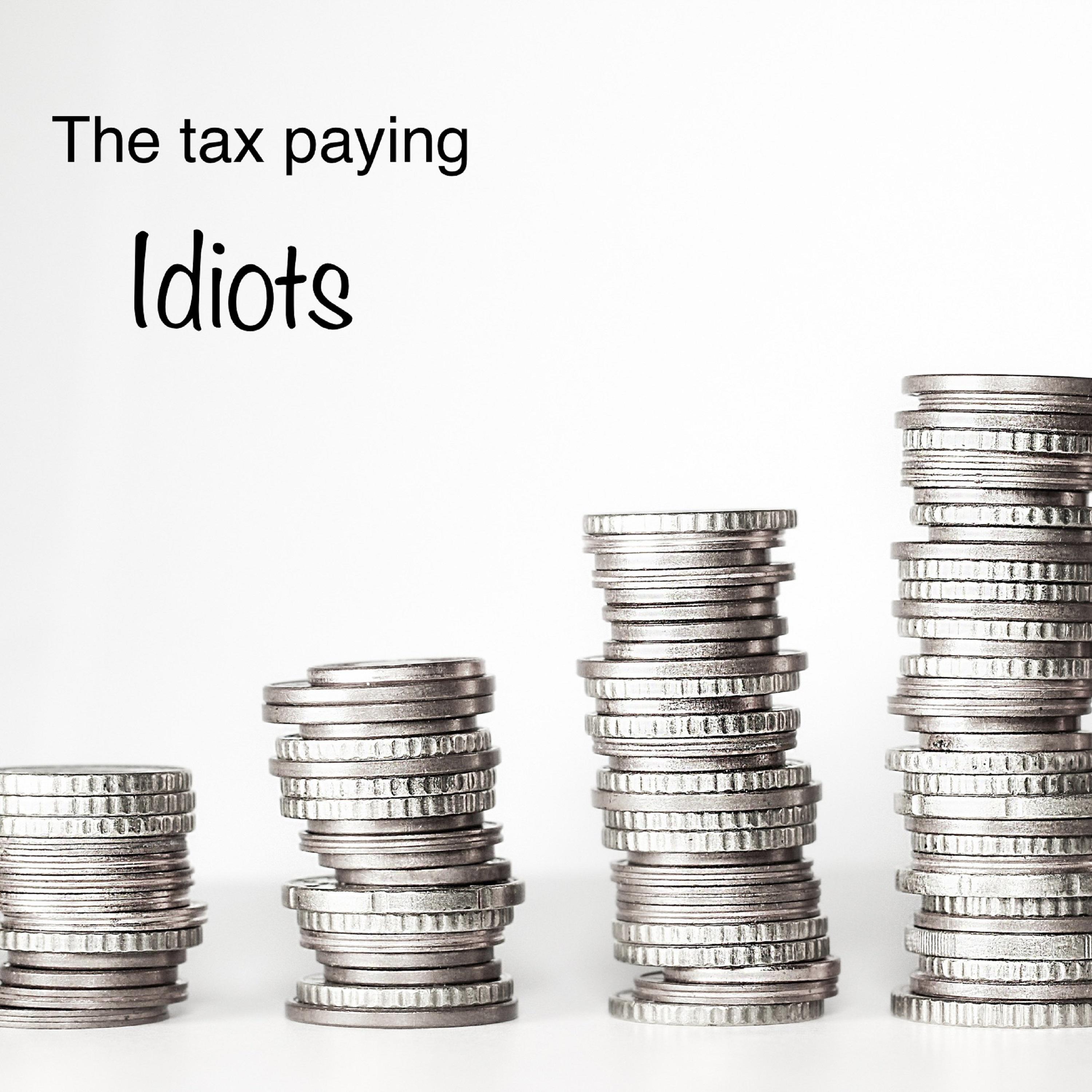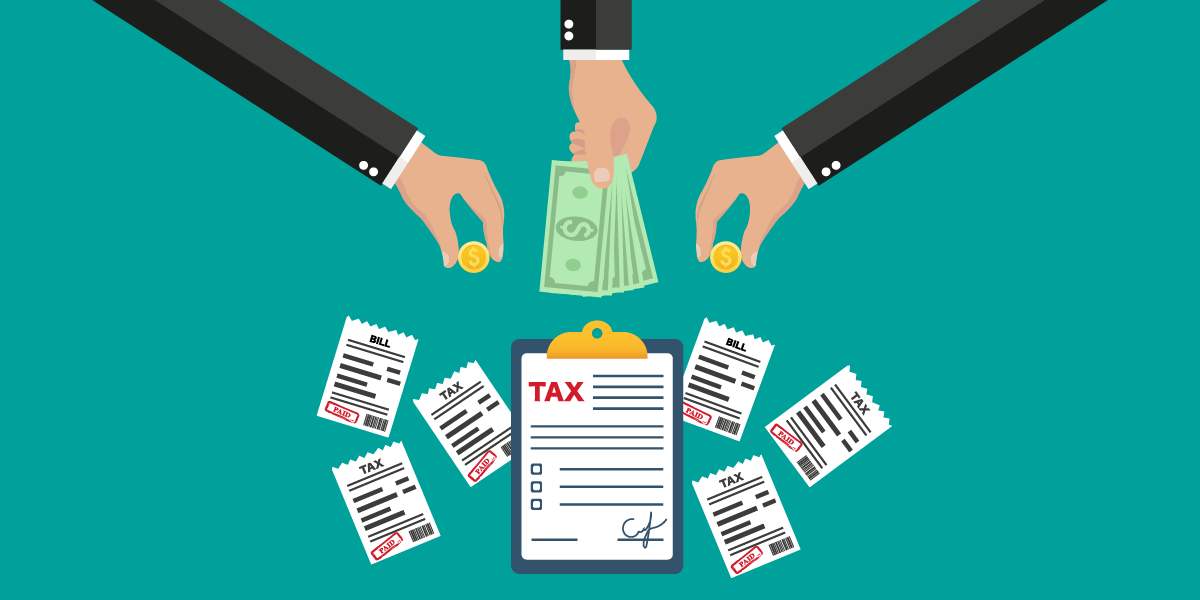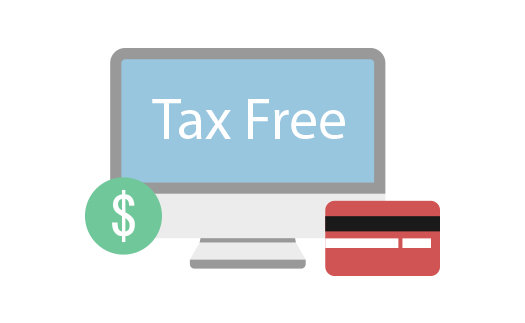Understanding the Tax Implications: Do You Have to Pay Taxes on Personal Loans?
#### Do you have to pay taxes on personal loans?When it comes to personal finance, one of the most common questions borrowers ask is, “Do you have to pay ta……
#### Do you have to pay taxes on personal loans?
When it comes to personal finance, one of the most common questions borrowers ask is, “Do you have to pay taxes on personal loans?” This inquiry is crucial for anyone considering taking out a loan for personal use, as understanding the tax implications can significantly impact your financial planning.
#### What is a Personal Loan?
A personal loan is an unsecured loan that can be used for various purposes, such as consolidating debt, making a large purchase, or covering unexpected expenses. Unlike mortgages or auto loans, personal loans do not require collateral, which means they often come with higher interest rates.

#### Tax Implications of Personal Loans
Now, let’s address the core question: **Do you have to pay taxes on personal loans?** The straightforward answer is no. Personal loans are not considered taxable income. When you take out a loan, you are borrowing money that you are expected to pay back, which means it does not count as income in the eyes of the IRS. Therefore, you do not have to report the amount you receive from a personal loan on your tax return.
However, while you don’t have to pay taxes on the loan amount, the interest you pay on the personal loan is not tax-deductible. This is a critical distinction to make, especially when comparing personal loans to other types of loans, such as mortgages, where the interest may be deductible.

#### Exceptions and Considerations
While personal loans themselves are not taxable, there are some exceptions and considerations to keep in mind. If a personal loan is forgiven or canceled, the IRS may consider the forgiven amount as taxable income. For instance, if you borrow $10,000 and the lender decides to forgive $5,000 of that loan, you may need to report that $5,000 as income on your tax return.
Additionally, if you are using a personal loan to finance a business or investment, the interest may be treated differently. In these cases, it is advisable to consult with a tax professional to understand how the loan and its interest may affect your tax situation.

#### Conclusion
In summary, the question “Do you have to pay taxes on personal loans?” can be answered with a clear no. Personal loans are not taxable income, and you do not need to report them on your tax return. However, it’s essential to be aware of the implications of loan forgiveness and the nature of how you use the funds. Always consider seeking advice from a tax professional to navigate the complexities of your specific situation. Understanding these nuances can help you make informed financial decisions and avoid unexpected tax liabilities in the future.